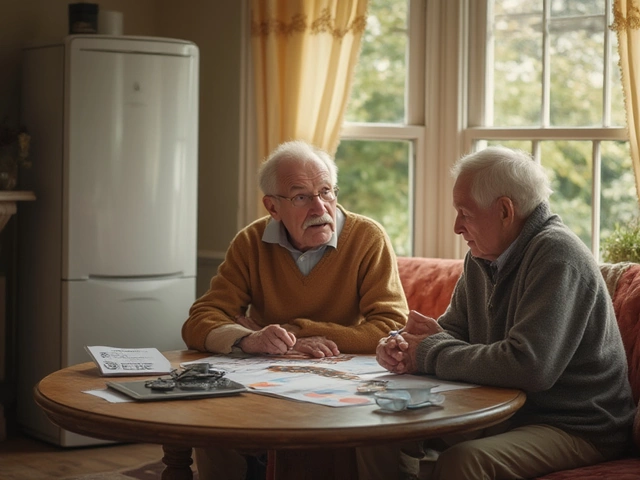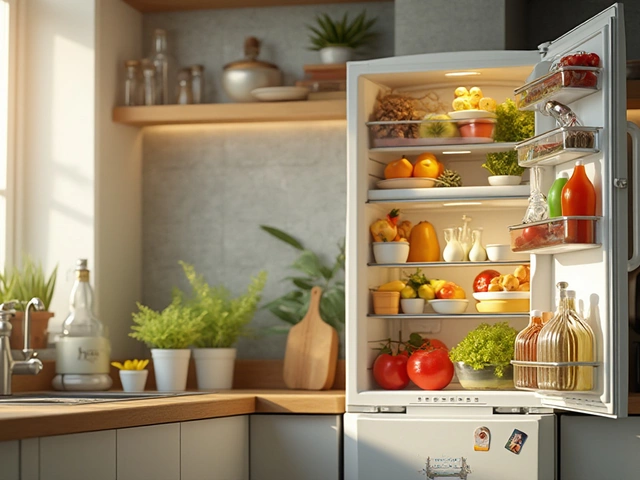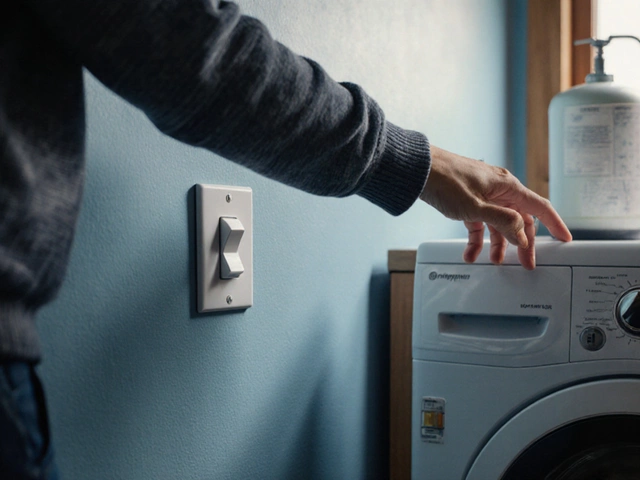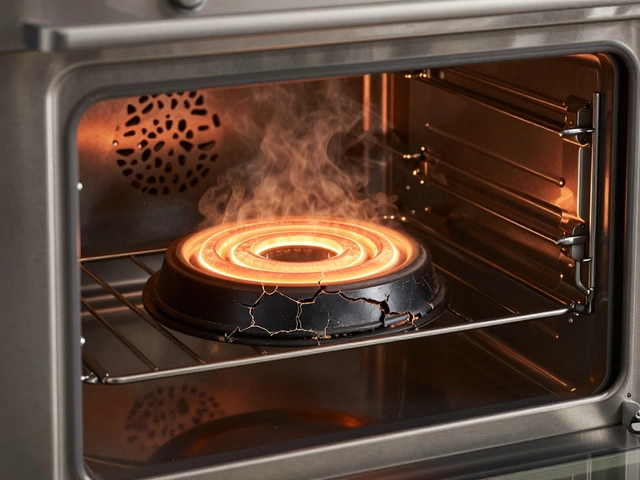Should You Replace a 15-Year-Old Boiler? Essential Advice for Homeowners
July 31 2025Hot Water Problem? Quick Ways to Get Your Tap Warm Again
If you’ve turned on the tap and only get a splash of lukewarm water, you’re not alone. Hot water problems pop up in every home, and most of them have simple, cheap fixes. Before you call a plumber or a gas engineer, try a few quick checks that can save you time and money.
Common Reasons Your Hot Water Stops
First, think about the source. In Bedford most homes use a gas‑powered boiler or an electric water heater. A faulty thermostat, a broken heating element, or a buildup of sediment can all stop the heating cycle. Sediment is the silent culprit – over time minerals settle at the bottom of the tank and act like insulation, making the heater work harder and eventually giving up.
Another frequent issue is the pressure‑reset valve. If the system pressure falls below the safe range, the boiler will shut off to protect itself, leaving you with cold water. Leaky radiators, a burst pipe, or a simple air lock in the system can trigger this safety shut‑off.
Lastly, don’t overlook the thermostat settings themselves. Many people set the temperature too low to save on bills, and then wonder why the water isn’t hot enough. A quick glance at the boiler control panel can reveal an unintentionally reduced temperature.
Simple DIY Checks Before Calling an Engineer
Start with the obvious: is the boiler displaying an error code? Most modern boilers flash a short code that points straight to the problem – a missing gas supply, low pressure, or a blocked condensate pipe. Jot down the code and look it up in the user manual; you might be able to reset the system yourself.
Next, try flushing the water heater. The post “Flush vs. Drain: The Best Way to Maintain Your Water Heater” breaks down the steps – attach a garden hose to the drain valve, let the water run out, and then refill. This clears out sediment and can restore heating efficiency instantly.
If you have a gas boiler, check the pressure gauge. It should sit around 1‑1.5 bar when the system is cold. If it’s low, you can usually top it up using the filling loop – just follow the manufacturer’s instructions to avoid over‑pressurising.
For electric heaters, inspect the heating element for visible signs of corrosion or scaling. A quick visual check can tell you if the element needs replacement. The article “How Long Should Your Water Heater Last? Lifespan, Signs, and Replacement Tips” lists the typical lifespan – around 8‑12 years for most units. If yours is older, replacement might be more cost‑effective than endless repairs.
When all else fails, it’s time to call a certified gas engineer. They can safely test the gas supply, inspect the boiler’s internal safety devices, and carry out a professional service. Regular annual servicing, as highlighted in “Boiler Servicing: What Happens If You Skip It?”, keeps your system running efficiently and prevents surprise breakdowns.
Remember, hot water problems are rarely a mystery. A few quick checks can often clear the issue, and knowing when to call an expert keeps your home warm without unnecessary stress.
 19 Feb
19 Feb
Why Is My Hot Water Hot in the Kitchen but Not in the Bathroom?
Experiencing hot water in the kitchen but cold water in the bathroom can be a headscratcher. This common issue stems from various factors such as water heater settings, pipe lengths, and potential blockages. Whether you’re dealing with sediment buildup or a temperamental mixing valve, understanding these causes is key to a solution. Learn practical tips and tricks to get consistent hot water throughout your home. Dive into our guide for some fascinating insights and handy DIY advice.
Read More...



